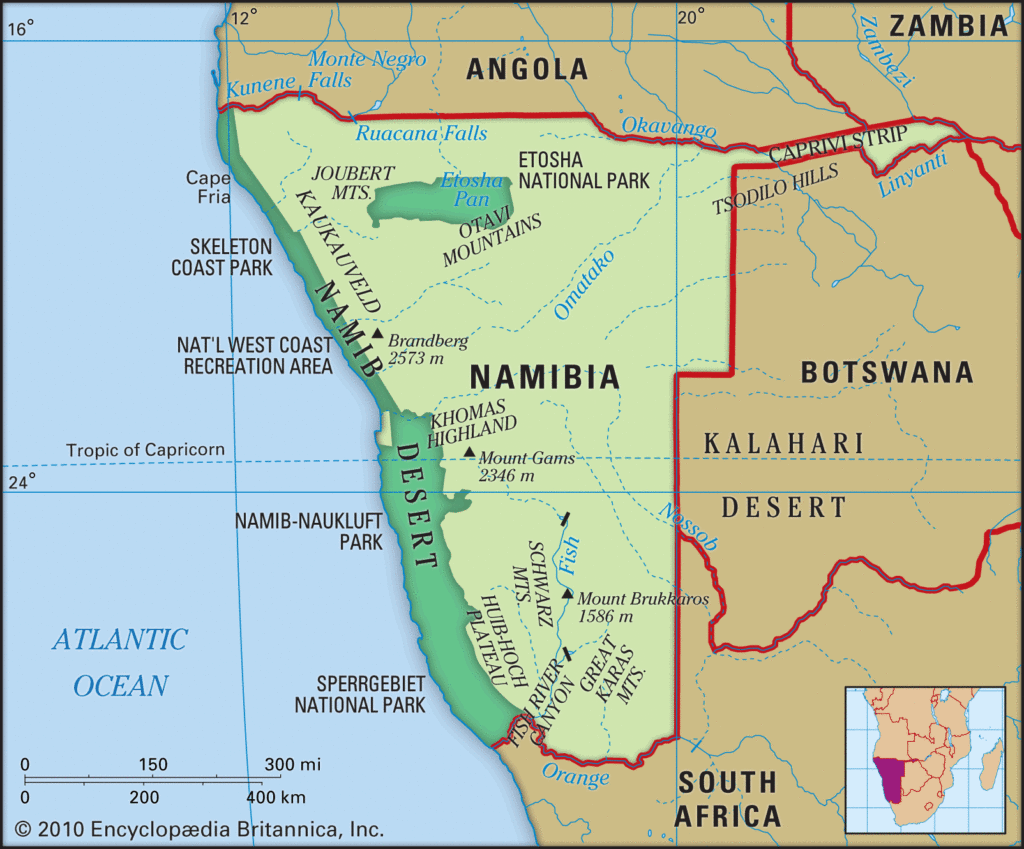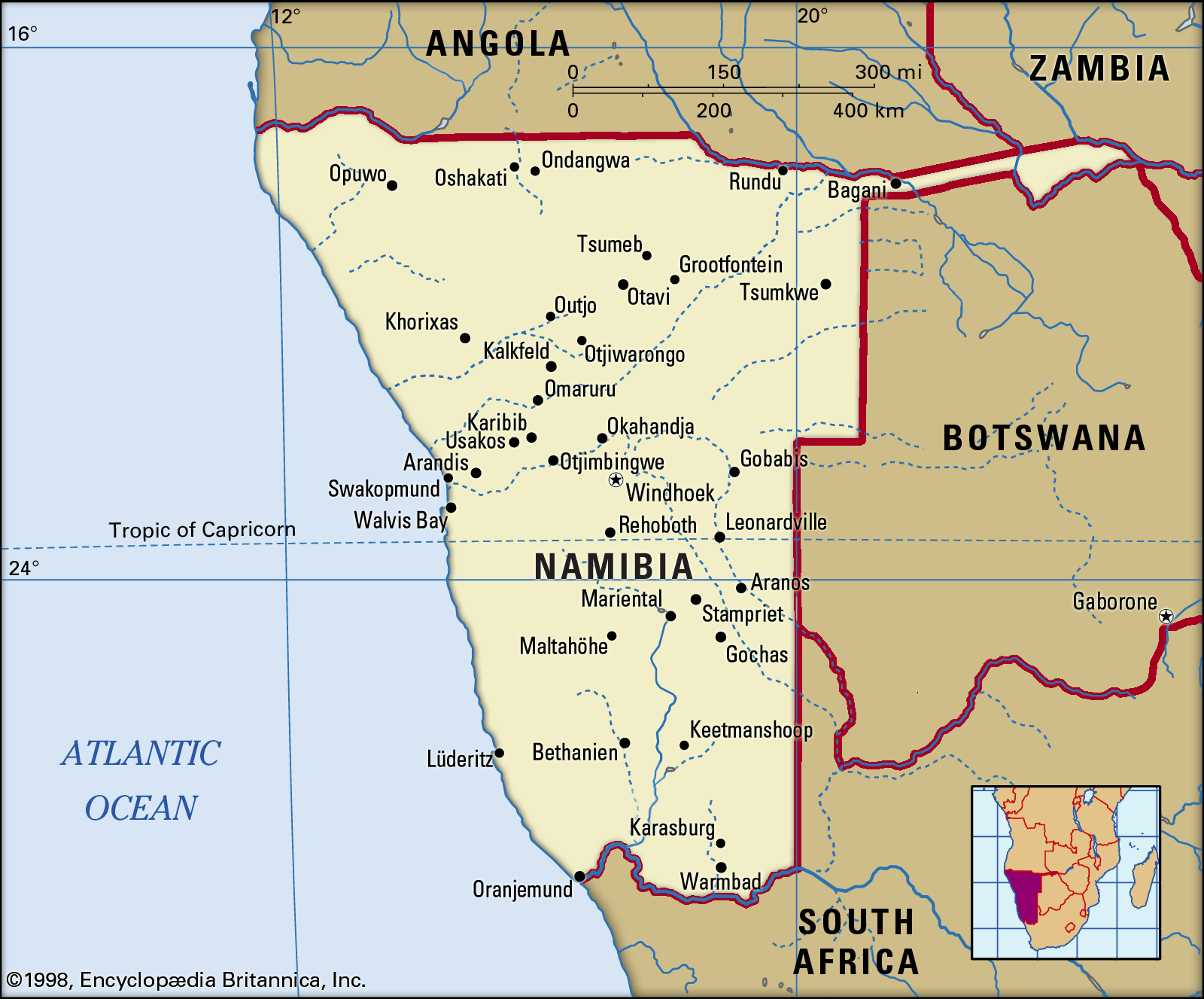There’s not much reporting on ritual murders in Namibia, yet this ugly phenomenon also exists in this southern African country. Petrus Muronga and Puyeipawa Nakashole are to be commended for their investigative journalism leading to this revealing article about a wave of ritual murders in the upper north-eastern part of the country, in Kavango East. A striking characteristic of the more than 20 ritual murders is that they’re all committed during the winter.
In some murder cases the police have arrested some suspects but the frightened villagers want more action of the government. In the absence of effective and satisfying government action jungle justice threatens. Enough is enough. Who are the culprits? Why is government so slow in responding to this wave of ritual murders?
Warning: the following article contains graphic description of ritual murders,. Readers may be upset reading the shocking details (webmaster FVDK).
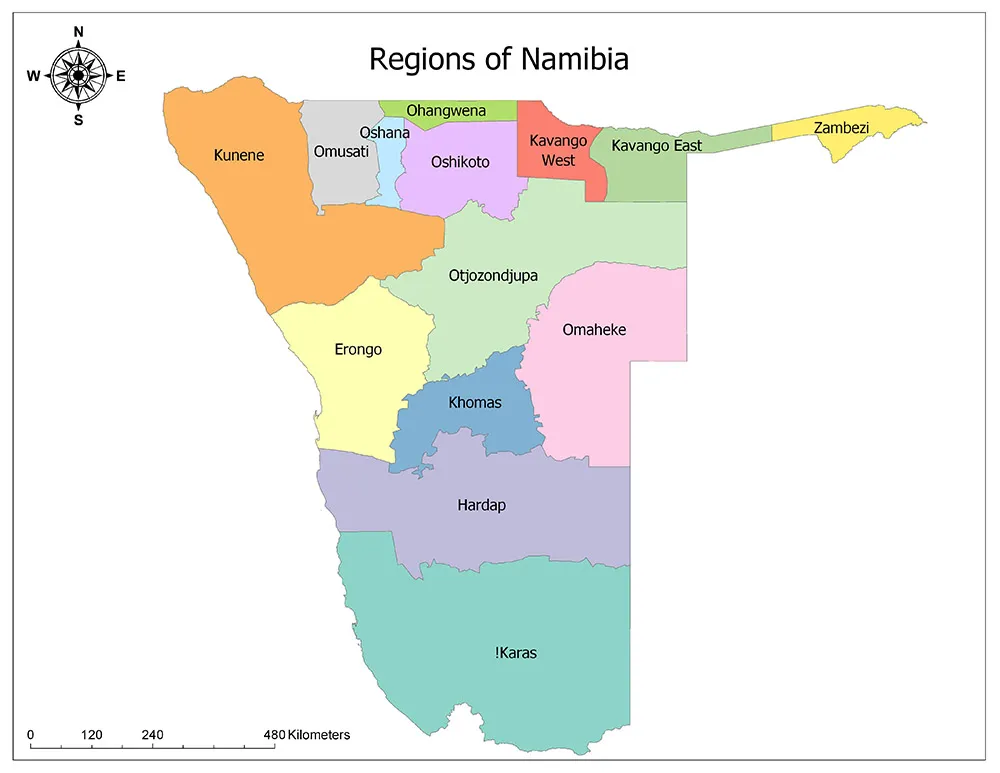
Winter time – ritual killing time in Kavango, Namibia
… missing body parts include lips, skin, fingers, toes, eyeballs, internal organs and private parts
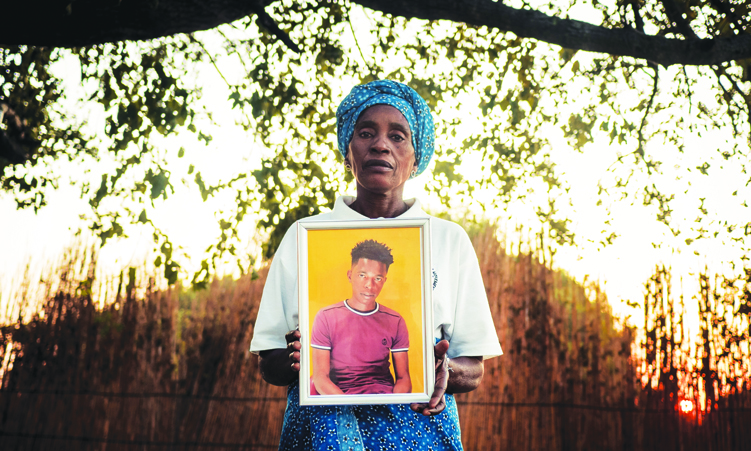
Published: June 11, 2023
By: Petrus Muronga and Puyeipawa Nakashole
n Namibia, as winter dawns, the north-eastern part of the country is about to be shaken by shocking news.
Again.
One more body is found mutilated, much to the horror and heartbreak of the people of the Rudhiva and Shadikongoro villages in the Mukwe constituency.
The villages are situated on the south-eastern banks of the Okavango River in Kavango East.
In this part of the country, people draw their breath beneath the dark clouds of what is believed to be ritual killings. And they all seem to take place in winter.
The unsolved deaths all have one thing in common: missing body parts like lips, skin, fingers, toes, eyeballs, internal organs and private parts.
SHATTERED DREAMS
In 2021, on a trip meant to accompany his friends to the memorial service of a loved one, young Riaan Mukuve (22) did not know this would be his last.
Mukuve was found dead at Rudhiva village with his body mutilated and floating in the Okavango River, north of Divundu, in the Mukwe constituency.
As horrific as it is, Mukuve’s story was nothing new to the villagers in the area.
Regina Mukuve says this image of her son is one she will never forget.
“His lips were cut off, he had no nose, no eyeballs, no organs, and his private parts were missing,” she says.
She describes her son as an ambitious individual who dreamed of completing his studies at the University of Namibia at Rundu and becoming a teacher, like her.
The young Mukuve was a second-year student at the Rundu campus and the family’s only son.
“Something of this kind has never happened before in my family, and nobody understands the pain I am going through. Therefore I want justice to be served for my son.
“His body was frozen, and I believe that he was refrigerated before they disposed of his body in the river,” Regina says.
According to her, eight people were believed to have been the last to be in contact with Mukuve.
They were fined N$20 000 each by the Hambukushu Traditional Authority for their alleged involvement in the young man’s disappearance and death.
However, the police say they are still investigating his case.
“Until today, I have not received anything from them, and they all claim not to have a hand in his disappearance. Until today there is no closure on my son’s death,” Regina says.
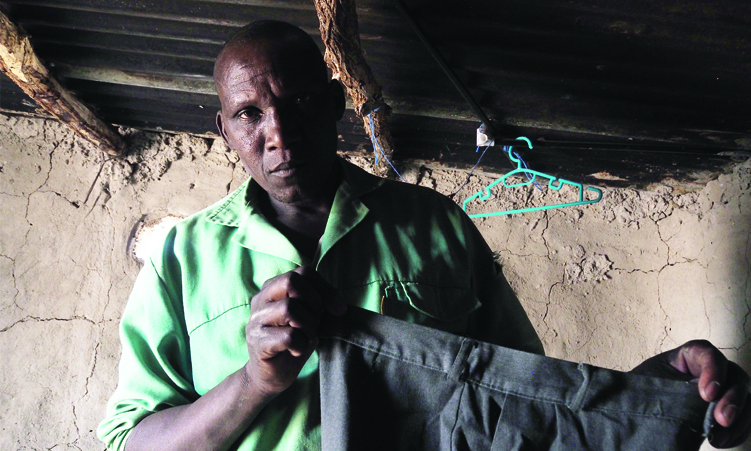
21 MISSING IN SIX YEARS
A year later, also in June, at the same village, another mutilated body is discovered.
This time that of Felix Thikundenko (17).
Over the past six years, close to 21 people have disappeared at Mukwe.
Some are discovered after a few days, with their bodies dismembered.
Only a few cases have been reported on by the media due to the relationship the local police allegedly has with some media outlets, as well as the constraints of bureaucracy within the police.
Investigations into some of these cases take ages to complete, leading to the family members of the dead losing hope.
A FATHER’S AGONY
Thikundenko’s mutilated body was discovered in a swamp adjacent to the Okavango River near Rudhiva.
The Diyana Combined School pupil had everyone frantic with his mysterious disappearance.
His uncle, Basilius Mbamba, discovered his body in the same area where Mukuve’s body was discovered a year ago.
Mbamba, who was also part of the search team, said the search for Thikudenko started when he did not return home.
He was allegedly last seen at a bar opposite the family’s house.
The area where his body was found was searched a day before he was discovered.
“I miss him. Whenever I see other boys in the village playing soccer, I yearn to see him, but he is gone,” says Thikudenko’s father, Basilius Thikundenko.
He says his son loved sport.
“He used to play soccer, and he was good with our cultural dance group, he even used to do athletics. My son was really talented,” Basilius says.
He was robbed of his closest son, who always used to help him with house chores, he says.

‘NO FREEDOM’
Residents of Rudhiva and Shadikongoro say they live in constant fear.
They claim to have lost their freedom, fearing one of them will become the next body to be found floating in the Okavango River, butchered.
So far, two people have been arrested and charged with Thikudenko’s death, and a third suspect was recently identified.
They are Steven Dengwe (22), Kandere Kavanga (36) and Thidjukwe Muduva (32).
Dengwe and Kavanga have been charged with murder and obstructing the course of justice for allegedly dumping Thikudenko’s body in the river.
They remained in custody after their first court appearance in the Mukwe Periodic Court in July last year, and their case was postponed to 5 October this year for further police investigations.
Muduva made his first court appearance on 5 October last year and was kept in police custody pending laboratory test results.
However, in the accused latest court appearance on 8 December 2022, they were granted bail of N$6 000 each.
WITHOUT A TRACE
Cecilia Kaveto (40) says her mother left their homestead on 30 June 2022 and never returned.
Alfonsine Kamwanga (76) went missing when she went to the river.
Kaveto, a resident of Korokoko village in the Ndonga Linena constituency, says her mother sometimes leaves the house to visit her brother or to collect mangetti fruit or thatched grass.
She says the day Kamwanga left the house was the last day she saw her.
“When we traced her footprints, it looks like she went until the field towards the road leading to the river, and up to the riverbank,” Kaveto says.
At first, she says they thought her mother had fallen into the stream, but they noticed she had proceeded towards the main river, where her prints disappeared.
“We alerted the police on the same day. They only came three days later with a boat and searched the area, but they did not find anything.
“We have been asking ourselves a lot of questions. If she had been killed or snatched by a crocodile, we would have found a piece of evidence. I still don’t know what happened to my mother,” Kaveto says.
SYNDICATE
Mukwe constituency councillor Damian Maghambayi says although there is no evidence that people are being murdered in ritual killings, people are losing lives in his constituency.
He says the issue has been ongoing, especially in the vicinity of Kapako, Rudhiva and Shadikongoro. Maghambayi says more than 21 people have gone missing in mysterious circumstances.
“It is now so serious that community members wanted to take the law into their own hands,” he says.
Maghambayi says there have been several demonstrations by community members petitioning the government on the killings.
Although there are about three police stations and substations in his constituency, the councillor suggests a robust police presence in the area and the need to open up a substation at Shadikongoro.
Affected families and community members are pointing fingers at the police in the area for not doing enough to bring the culprits to book.
Some claim that police officers in the area have been bribed and that they are part of a syndicate.
Thitjo Dinyando, a community activist in the area, believes the killings are spearheaded by business owners, especially shebeen owners, who recruit people to harvest organs to boost their business.
Dinyando also pointed fingers at police officers at Rundu and those working at Mukwe.
No significant investigations are carried out to bring the culprits to book, he says. The police in the region are not keen to talk about the issue.
They say they do not believe the killings are ritual-related.
“Ritual killings at Mukwe are not a joke, and I don’t want to comment on that, because I don’t want people to panic.
“ . . . unless one has to come to us with clear information to give us evidence to follow up and link it to ritual killings,” says Kavango East crime onvestigations coordinator deputy commissioner Bonifasius Kanyetu.
*This article was produced by The Namibian’s investigative unit. Email us news tips from your secure email: investigations@namibian.com.na
Source: Kavango’s Winter Murders
